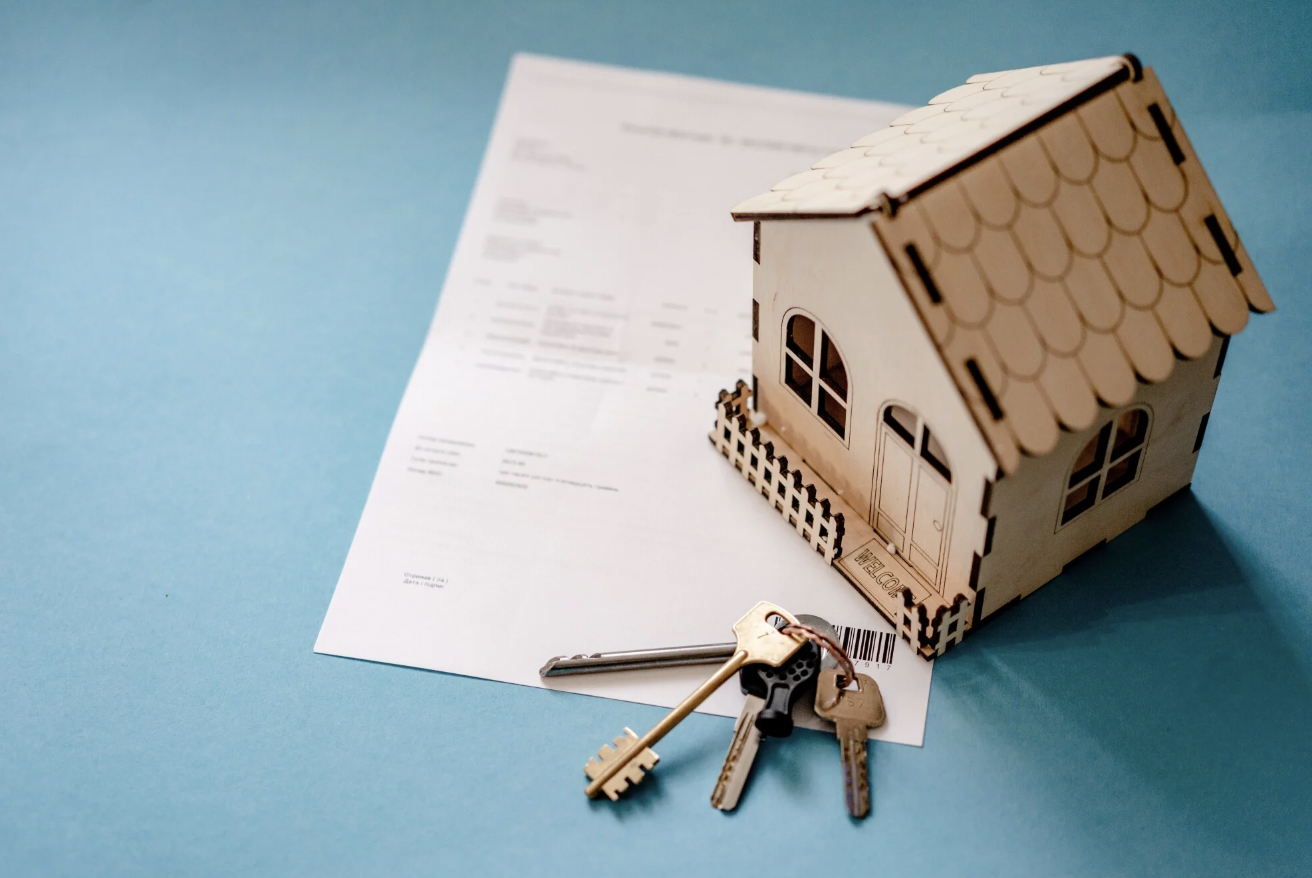Getting a cash offer on your home seems like an incredible option. There’s less paperwork, less hassle, and fewer people involved. But is there room for negotiation with cash offers?
Today we’re answering that question with all the info you need to know about negotiating a cash offer on a home.
We’re covering effective strategies to enhance your bargaining position, info on who pays for what, and much more!
Understanding Cash Offers
When someone makes a cash offer to buy your home, they’re offering to pay the full price upfront without needing a mortgage or loan. This is different from the usual way of buying homes, where buyers often need to borrow money from a bank.
Cash offers can be very attractive. They usually mean a quicker sale and less paperwork.
Selling your home for cash can speed up the entire process. There’s no waiting for the buyer to secure financing, which can take a long time and sometimes falls through.
With a cash offer, once you accept it, the deal can move forward fast. This can be especially helpful if you’re in a hurry to sell, perhaps due to moving for a job or dealing with a family emergency.
Another big plus is the simplicity of these transactions. You don’t have to worry about the complications that come with loans, such as appraisals and lender-required repairs.
In a typical sale, lenders will want a property appraisal to make sure the house is worth what the buyer is paying. If the appraisal comes in too low, the deal can stall or fall apart.
With cash offers, this step is often skipped. But it’s not all straightforward. Even though a cash offer might seem perfect, it’s important to make sure you’re getting a fair deal.
Negotiating a Cash Offer on a Home
Negotiating a cash offer on your home can significantly boost your sale price. First, it’s important to know your home’s worth. Before you start negotiations, have a clear idea of your property’s value.
This isn’t just about how much you think it’s worth. It’s about understanding its value in the current market.
You can get this information from recent sales of similar homes in your area or from a professional appraisal. With this knowledge, you’re in a better position to discuss the price confidently.
Start the negotiation by expressing your appreciation for the cash offer while also mentioning that you’ve done your homework on your home’s value. This shows the buyer that you are informed and serious. It’s also a soft way to introduce the idea that you expect a fair offer close to the market value.
Don’t shy away from pointing out the benefits to the buyer of a cash transaction. Remind them that they’re saving time and avoiding many typical buying hassles like loan approvals and lengthy closing processes. This can justify your stance on maintaining a higher selling price.
If the initial offer is lower than you’d like, don’t drop your price too quickly. Give the buyer reasons why your home is worth more.
The Next Steps
Talk about recent upgrades, unique features of your property, or a particularly desirable neighborhood. These are all valid points that can support a higher price.
You should also be open to making small concessions to seal the deal. If a buyer is close to your desired price but not quite there, consider what minor compromises you could make.
Maybe you could agree to a faster closing date or leave behind some appliances. These concessions can be appealing to a cash buyer and might close the gap in price expectations.
Lastly, always keep communication open and professional. A positive negotiation atmosphere can make the buyer more willing to meet your terms. Remember, every buyer wants to feel like they’ve made a good deal, so make sure the negotiation feels like a win-win situation.
The Role of Market Conditions
Knowing whether you’re in a buyer’s or seller’s market can impact how you negotiate and what strategies you use. In a seller’s market, where there are more buyers than homes for sale, you might find yourself in a bidding war. This situation can work to your advantage.
If multiple cash buyers are interested in your property, you have the leverage to ask for more. In these cases, let the buyers know there are other offers. This can encourage them to increase their bids if they’re really interested in purchasing your home.
But in a buyer’s market, where there are more homes for sale than there are buyers, you’ll need to be more flexible. Buyers in this market have more choices and can be pickier.
They might not be willing to raise their offers much, if at all. In such markets, your negotiation strategy might focus more on making your home stand out by emphasizing its unique features or being flexible with terms like closing dates or minor repairs.
No matter the market, always keep an eye on the trends. If you notice that homes are starting to sell faster or prices are going up, you might decide to hold off on accepting an offer, expecting better ones to come along.
It’s also wise to listen to real estate professionals. They can provide insights into the market conditions and help you set a realistic price for your home.
Who Pays for Closing Costs?
Typically, cash buyers often expect the seller to handle fewer of the closing costs because the transaction is straightforward and doesn’t involve a mortgage lender. This can be a benefit to you as the seller because it reduces the complexity and the amount of money you have to pay out of pocket.
However, this is something that should be discussed and clearly outlined in the purchase agreement. It’s also helpful to know the typical amount for closing costs in your area. This can range from 1% to 3% of the sale price. Having this information can guide your negotiations and help you keep the discussions fair and grounded in reality.
The Impact of House Repairs on Cash Offers
If your home needs major repairs, this can lower the offer you receive. Buyers factor in the cost of these repairs when making their offer. For example, if the roof needs to be replaced or there’s significant water damage, a buyer will likely reduce their offer to account for these expenses. It’s vital to be aware of these issues and prepared to discuss them.
If you’ve recently made significant upgrades or repairs, make sure to highlight these during negotiations. New renovations or repairs can increase your home’s value and justify a higher asking price. Be sure to have receipts and documentation for any major work done on your property, as this can be a strong point in your favor.
Setting and Getting Your Asking Price
Setting the right asking price for your home is a critical step in attracting serious cash buyers. Your asking price should reflect the true value of your home in the current market, which means it needs to be based on solid data and a clear understanding of market trends.
Home Buying Process Timeline
The timeline of selling your home for cash is typically quicker than traditional sales, but it’s still important to understand each step. This knowledge can help you manage the process smoothly and negotiate better.
The first step after receiving a cash offer is accepting it, but there’s more to it than just saying yes. You need to review the offer thoroughly and negotiate the terms if necessary.
Once both parties agree, you move to the contract stage. Here, you and the buyer sign a purchase agreement that outlines the details of the sale, including the price and closing date.
The next step involves a title search to ensure there are no issues with your property’s title, like unpaid taxes or liens. This is crucial because it confirms that you legally own the property and can sell it. Even though this is usually straightforward in cash sales, it’s a step that cannot be skipped.
After the title is clear, you prepare for closing. This is the final step where ownership officially transfers from you to the buyer. At closing, all necessary documents are signed, and the buyer pays the agreed-upon price.
You’ll also find this happens quickly in cash transactions. That’s because you don’t have to wait for a lender’s approval.
Sell Your Home with Confidence
Negotiating a cash offer on a home requires knowledge and strategy. By understanding the value of your home, the market conditions, and effective negotiation tactics, you can secure a fair deal. Approach each stage with confidence to make the most out of your cash sale.
At We Buy Houses in Memphis, we’re your friendly local real estate investment team. We’ve long been interested in the idea of investing in both property and the community. We pay cash for homes in Memphis, TN and the surrounding areas!
Get in touch today to find out how we can help you sell your house!







